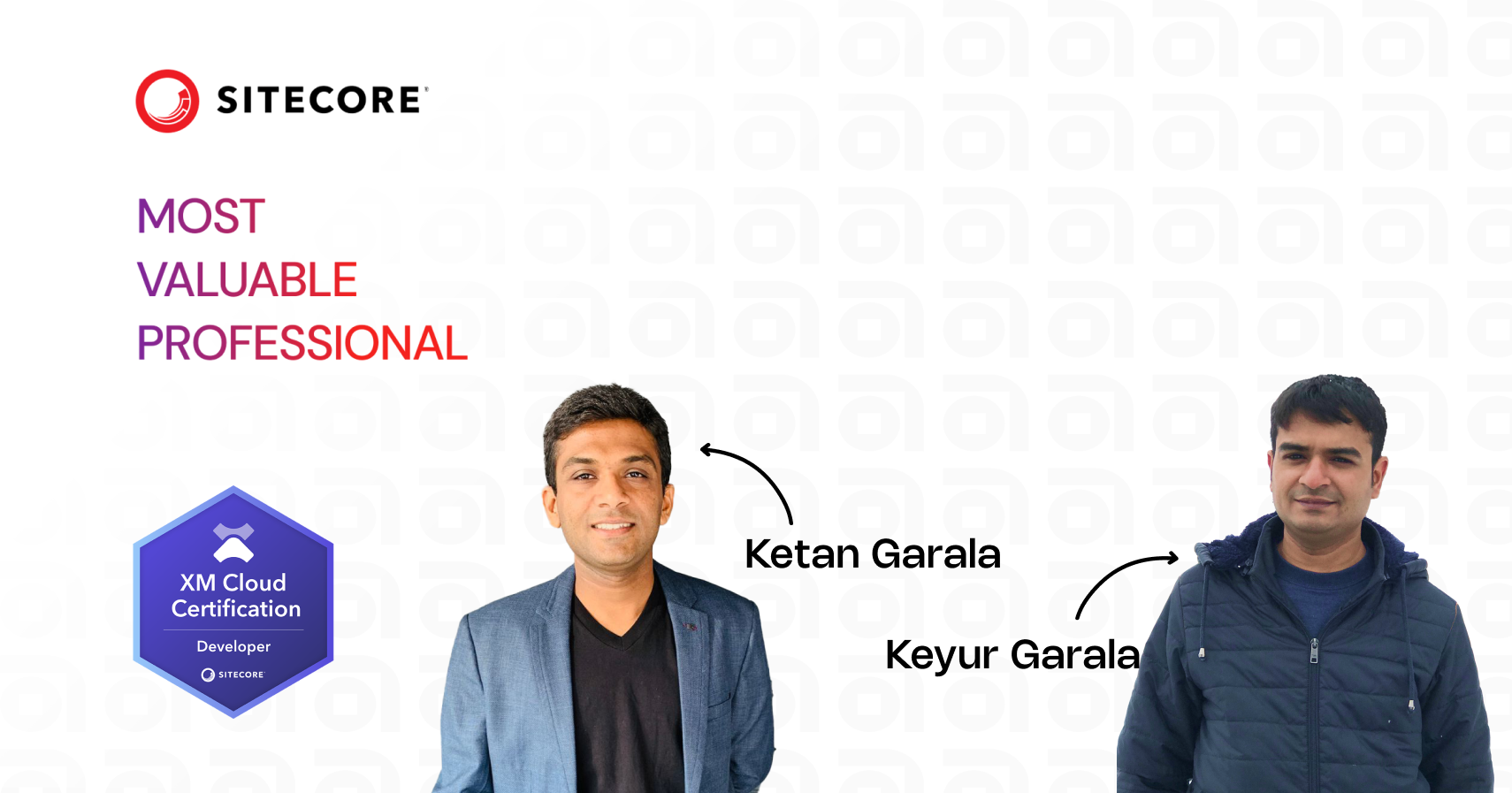
Hire Sitecore XM Cloud Agency | How to Evaluate Developers
Adopting Sitecore XM Cloud is a strategic pass that positions your business enterprise to supply cutting-edge, scalable, and composable virtual stories. But the fulfillment of your XM Cloud implementation in large part relies upon on one vital factor — your improvement partner.
Choosing the right Sitecore XM Cloud organization or developer goes past technical knowledge. It’s approximately finding a partner who is aware the SaaS architecture, composable DXP method, and commercial enterprise approach behind the platform.
Here’s a step-by way of-step guide to help you examine and lease Sitecore XM Cloud agencies or developers with confidence.
1. Focus on XM Cloud Expertise, Not Just “Sitecore Experience”
Many agencies claim Sitecore experience — but XM Cloud is a different beast. It represents Sitecore’s transition to SaaS, headless architecture, and composable ecosystems.
Ask your potential partner:
- Have they delivered or migrated any XM Cloud projects yet?
- Can they clearly explain the difference between XM Cloud, XP, and Content Hub ONE?
- Are they comfortable with Next.js, Vercel, and Sitecore Headless Services?
💡 Tip: Ask them to outline their deployment workflow in XM Cloud. If they still refer to traditional DevOps or servers, they may not fully grasp its managed-cloud nature.
2. Ensure They Understand Composable Architecture
XM Cloud thrives in a composable DXP ecosystem. Your partner should know how to integrate it with:
- Sitecore Content Hub, CDP, and OrderCloud
- Other headless CMSs or personalization tools
- APIs and modern integration frameworks like Sitecore Connect
Look for developers or agencies experienced with MACH shape (Microservices, API-first, Cloud-native, Headless).
Those still counting on monolithic processes may also battle with XM Cloud’s modular design.
3. Evaluate Their Front-End and Deployment Skills
XM Cloud projects rely heavily on modern front-end stacks. Ensure your team or agency can handle:
- React and Next.js frameworks
- Vercel or Netlify hosting
- GraphQL queries for Sitecore Headless Services
- CI/CD automation compatible with XM Cloud’s environment
Ask for code samples or demos. The way they structure components, model content, and handle deployments says more than any credentials.
4. Review Their Approach to Content Authoring and Governance
XM Cloud’s true value comes from empowering marketers and content teams.
Your partner must optimize both content structure and authoring experience.
Check how they handle:
- Multi-site and multi-language content
- Workflows and approval processes
- Custom components for Page Editor and Components Builder
The best Sitecore developers think like marketers — simplifying authoring, not complicating it.
5. Verify Cloud and DevOps Knowledge
Even though XM Cloud is a managed service, cloud-native understanding still matters.
Ask if they:
- Use Sitecore CLI and XM Cloud Deploy tools
- Automate environment provisioning and release cycles
- Manage configurations through the Sitecore Cloud Portal
A knowledgeable team ensures faster go-lives, reliable updates, and smooth ongoing operations.
6. Ask for Real XM Cloud Case Studies
Nothing replaces hands-on experience.
Ask for:
- XM Cloud or headless CMS case studies
- Migration or composable DXP project examples
- Details on performance, personalization, and content migration challenges
An accurate company will determine the relationship between each win and category - transparency is a sign of maturity.
7. Evaluate Their Strategy and Long-Term Support
A great Sitecore partner thinks beyond implementation.
They help you with:
- Cost optimization and licensing clarity
- Ongoing enhancements and user enablement
- Guidance aligned with Sitecore’s product roadmap
XM Cloud evolves rapidly, and your partner should stay ahead of new releases and best practices.
8. Check Certifications, MVPs, and Community Involvement
Credibility matters.

Look for:
- Developers certified in XM Cloud, Headless Services, or Sitecore SaaS
- Agencies with Sitecore MVPs or recognized experts
- Active contributors in Sitecore Slack, user groups, and events like Symposium or Codegarden
These indicators show genuine commitment and deep platform engagement.
9. Assess Team Fit and Communication
Beyond skill, cultural fit defines success.
Do they align with your business vision? Communicate clearly? Collaborate with your in-house teams?
The best XM Cloud partnerships combine technical insight with strategic empathy – helping you grow, not just deliver.
Final Thoughts
Sitecore XM represents the future of cloud-based digital experience platforms – composable, cloud-based and flexible.
But technology on my own does not guarantee success. The right organisation or developer will help you tackle the complexity and turn it into measurable commercial enterprise cost.
When you are geared up to lease a Sitecore XM Cloud organisation or developer, attention on actual-global enjoy, scalable knowledge, and long-time period partnership ability.
The proper partner may not just build your platform – they will assist you get smarter.
Related Blogs


Read More

Read More

Read More
